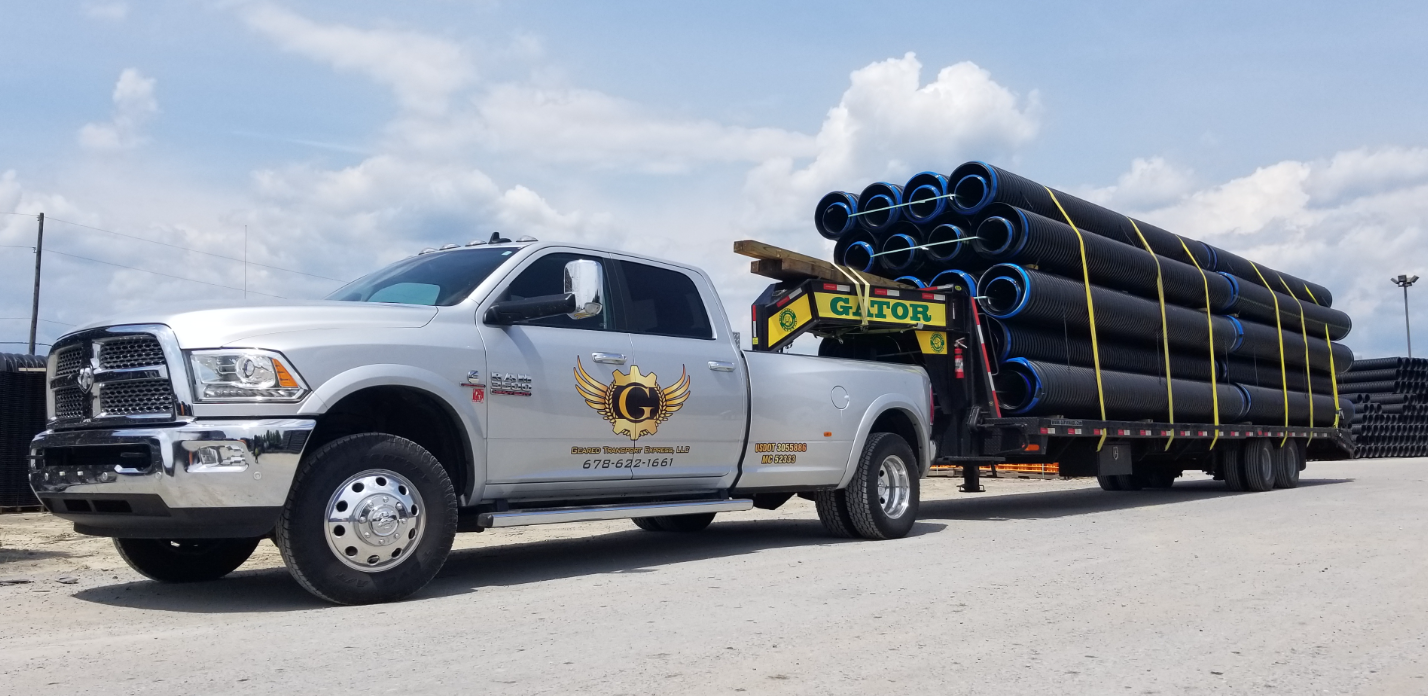Hotshot trucking has gained significant popularity in recent years, offering individuals with a pickup truck the opportunity to earn a lucrative income by hauling time-sensitive loads across different distances. If you own a pickup truck and are interested in exploring the world of hot shot loads, this article will guide you through the process of finding and securing these high-demand shipments.
1. Obtain the Required Equipment:
Before venturing into the hotshot trucking industry, ensure that you have the necessary equipment. A reliable and well-maintained pickup truck with a towing capacity suitable for hauling heavy loads is essential. Additionally, invest in a high-quality trailer that meets safety regulations and can accommodate the types of cargo you plan to transport.
2. Obtain the Proper Licenses and Insurance:
To operate legally and confidently as a hotshot trucker, you need to obtain the appropriate licenses and insurance. The specific requirements may vary depending on your location, but generally, you will need a commercial driver’s license (CDL), a Motor Carrier Authority (MC), and a Department of Transportation (DOT) number. Furthermore, acquire comprehensive liability and cargo insurance to protect yourself and the cargo you will be transporting.
3. Research and Join Load Boards:
Load boards serve as online platforms connecting shippers and carriers, making them an excellent resource for finding hots hot loads. Conduct thorough research to identify reputable load boards that cater to hotshot trucking. Popular load board websites include DAT, Truckstop.com, and 123Loadboard. Create an account on these platforms to access the available load listings and contact potential customers directly.
4. Build Relationships with Freight Brokers:
Freight brokers act as intermediaries between shippers and carriers. Establishing relationships with reliable and reputable freight brokers can significantly enhance your chances of securing hotshot loads. Contact freight brokers in your area and introduce yourself as a hotshot trucker. Demonstrate your professionalism, reliability, and capability to handle time-sensitive shipments. Building trust and rapport with freight brokers can lead to recurring business and access to a wide range of hot shot loads.
5. Develop a Strong Online Presence:
In today’s digital age, having a strong online presence can help you stand out in the hotshot trucking industry. Create a professional website or a social media profile dedicated to your hotshot trucking business. Showcase your pickup truck, trailer, and any unique features that set you apart from competitors. Additionally, maintain an active online presence by regularly posting content related to the industry and engaging with potential customers.
6. Network Within the Industry:
Networking is a powerful tool for expanding your hotshot trucking business. Attend industry events, trade shows, and conferences to connect with shippers, freight brokers, and other truckers. Engage in conversations, exchange contact information, and build professional relationships. Collaborating with industry peers can provide valuable insights, potential business leads, and a supportive community.
7. Provide Excellent Customer Service:
Outstanding customer service is crucial for attracting and retaining customers in the hotshot trucking industry. Communicate clearly and promptly with shippers and freight brokers. Deliver shipments on time and handle any unforeseen challenges professionally. Strive to exceed expectations and leave a lasting positive impression. Satisfied customers are more likely to recommend your services and provide you with repeat business.
Conclusion:
Entering the world of hotshot trucking with your pickup truck can be a rewarding endeavor if approached strategically. By obtaining the necessary equipment, licenses, and insurance, and leveraging load boards, freight brokers, online presence, networking, and excellent customer service, you can increase your chances of securing hot shot loads. Remember to conduct thorough research, stay informed about industry trends, and continuously adapt your strategies to succeed in this competitive field.

